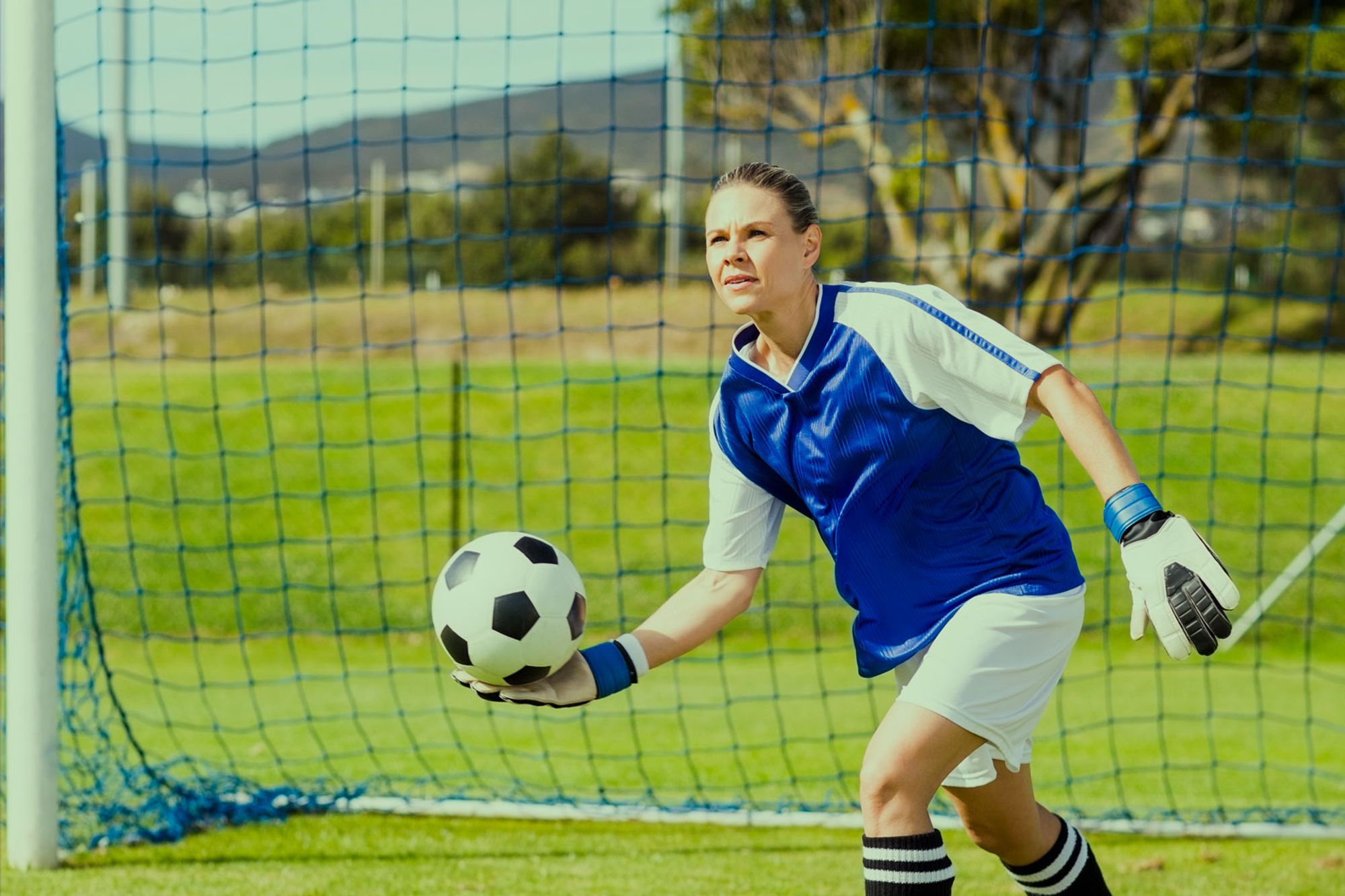
Pressure management techniques for goalkeepers: how to perform under stress
Antoine Roex, Keeper In Motion – 01 August 2024
Find out how professional goalkeepers deal with the intense pressure of crucial matches. This article explores the proven methods and psychological strategies goalkeepers use to maintain their composure, improve their concentration, and perform under pressure. Learn how to apply these techniques to optimise your performance and keep your composure even in the most tense moments of the game.
Pre-Match Mental Preparation
Pressure management for goalkeepers starts long before the first whistle. Mental preparation is crucial, and this can include a variety of pre-defined routines that help establish optimum concentration. These routines can include meditation or deep breathing exercises to calm the nerves, as well as visualisation practices where goalkeepers see themselves making key saves during the match. This type of mental preparation not only helps to reduce anxiety but also boosts self-confidence, by mentally preparing oneself to face all the eventualities of the match.
Managing Pressure in a Match
During the match, the ability to manage pressure is often demonstrated by effective communication and quick decision-making. Goalkeepers need to remain calm and collected, concentrating solely on the game in hand. They also need to be able to recover quickly from mistakes, avoiding ruminating on the goals conceded, which can be detrimental to their future performance. Good pressure management also means staying mentally engaged throughout the match, anticipating play and directing the defense, which helps to keep the team organized and reduce the risk of mistakes.
Training and rehearsal
Rehearsing specific skills is another key way of managing pressure. Goalkeepers engage in regular training that covers basic skills such as catching the ball, dives and foot clearances. Mastering these basic skills through continuous practice ensures that reactions become secondary, allowing the keeper to remain focused even under the intense pressure of matches. Coaches also play a crucial role in creating match simulations that expose goalkeepers to stressful situations in a controlled environment, improving their ability to remain calm and perform under pressure.
Mental Resilience and Emotional Support
Finally, developing mental resilience is essential for dealing with long-term pressure. This includes learning how to deal with setbacks and criticism, often through methods such as positive internal dialogue and constructive reflection after matches. Access to a support network of teammates, coaches and potentially sports psychologists can also provide the encouragement and advice needed to manage the mental and emotional aspects of the game. This support is vital, not only to manage the pressure of matches, but also to help goalkeepers navigate their personal and professional development
These combined strategies provide a solid foundation for goalkeepers to not only cope with pressure, but to excel in spite of it, turning challenges into opportunities to demonstrate skill and resilience.
References :
